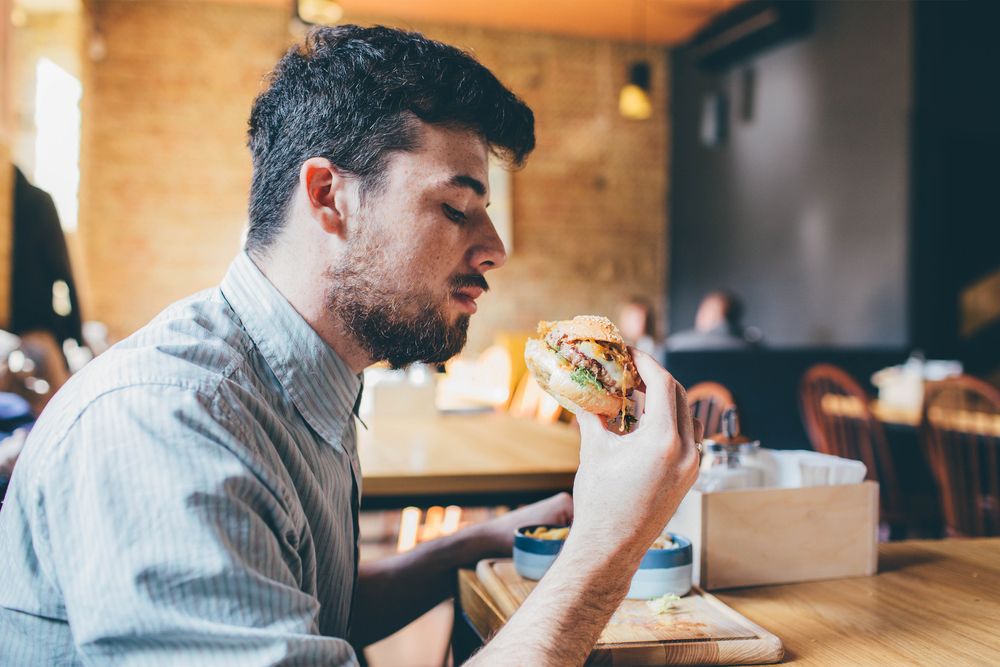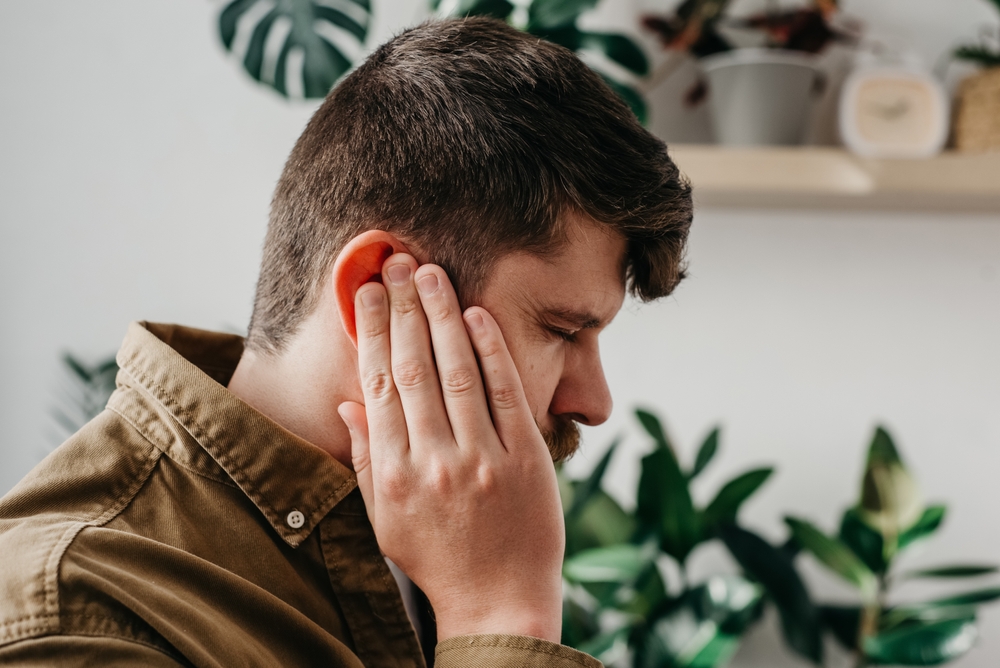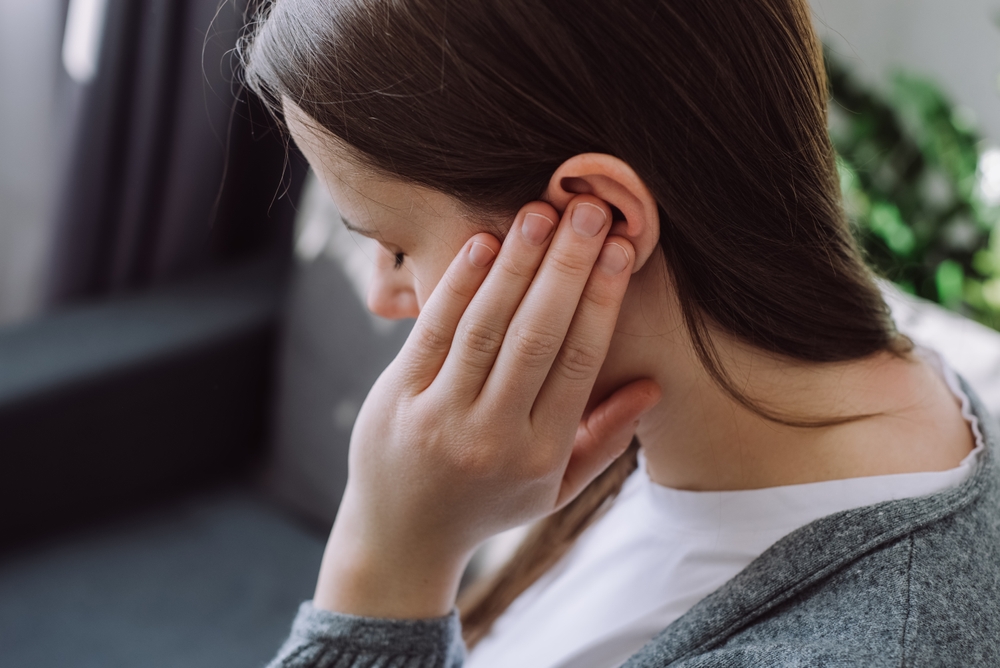The experience of tinnitus is often unpredictable, with symptoms appearing and disappearing seemingly without rhyme or reason. Picture this: you’re settling into bed one evening when suddenly, your ears start ringing intensely. Yet, upon reflection, there’s no obvious trigger for this sudden onset—no loud noises, no blaring alarms—leaving you puzzled as to why your tinnitus has chosen this moment to flare up.
Could it be something you ate? While we seldom consider the link between food and hearing, there’s growing evidence suggesting that certain foods may worsen tinnitus, although conflicting research also exists.
Since individual reactions vary, especially considering potential food sensitivities, keeping a food journal can help identify if certain foods trigger your symptoms. Let’s review some commonly implicated culprits.
Which foods aggravate tinnitus?
Let’s get straight to the point: you want to know which foods to steer clear of to avoid those unpleasant bouts of tinnitus.
Here are some foods worth avoiding:
Alcohol and tobacco
Alcohol and tobacco should be at the top of your avoidance list. While tobacco isn’t technically a food, cutting back on smoking and drinking can help minimize both the frequency and intensity of tinnitus episodes. Excessive alcohol consumption and smoking can significantly impact blood pressure, exacerbating tinnitus symptoms.
Sodium
Elevated blood pressure is a key predictor of tinnitus flare-ups. Therefore, it’s wise to limit your sodium intake. Whether it’s your love for french fries or a craving for salt, reducing sodium consumption is crucial. Surprisingly, even seemingly foods like ice cream can be high in sodium, so be vigilant about checking labels.
Fast food
Given its typically high sodium and fat content, fast food should be avoided. Most fast-food offerings, even those marketed as healthier options, are filled with salt and fat, which can spike blood pressure and worsen tinnitus.
Additionally, large sugary beverages often served at fast-food restaurants can also contribute to tinnitus triggers.
Sugars and sweets
While candy might be tempting, excessive sugar intake can disrupt your body’s glucose balance, potentially leading to sleep disturbances. Restlessness during sleep can exacerbate tinnitus symptoms, prompting more attention to the ringing or buzzing in your ears.
Caffeine
Lastly, let’s address caffeine—the indulgence we’re often most reluctant to relinquish. However, consuming caffeine late in the day can disrupt your sleep patterns, which in turn may intensify tinnitus symptoms.
Opt for non-caffeinated beverages in the evening to promote better sleep quality.
Your favorites are still on the table
This list isn’t exhaustive, so it’s essential to discuss any dietary changes with a hearing specialist or ear, nose, and throat doctor. Furthermore, individual responses to dietary adjustments vary, underscoring the importance of maintaining a food journal to monitor personal triggers and reactions.
Understanding which foods may trigger tinnitus episodes empowers you to make informed choices. By tracking your diet and its impact on your symptoms, you can uncover patterns, demystifying your experience with tinnitus. So, if you opt for that final cup of coffee, at least you’ll know what to expect.
Find a specialist near you to discover additional ways to manage tinnitus.



